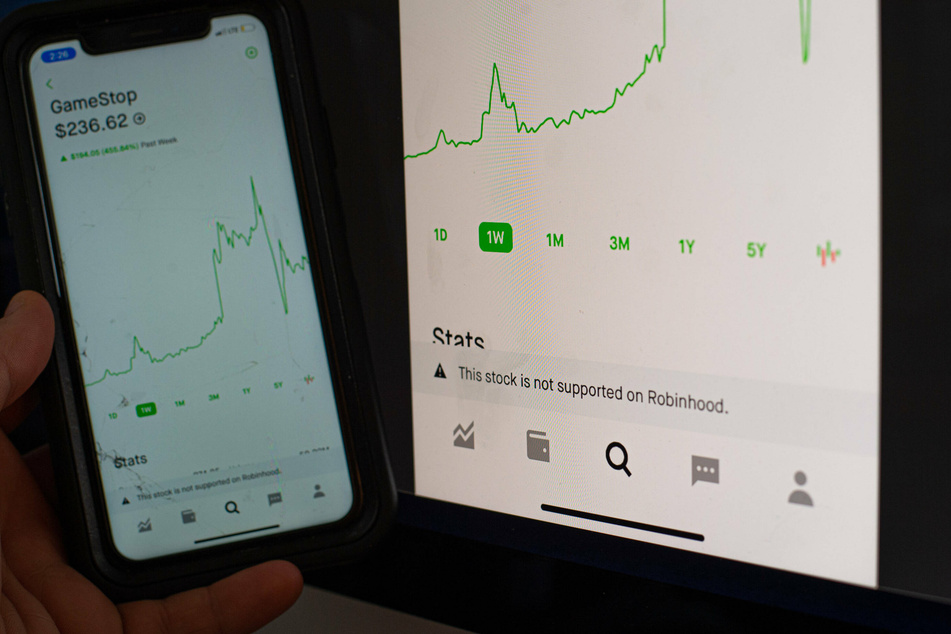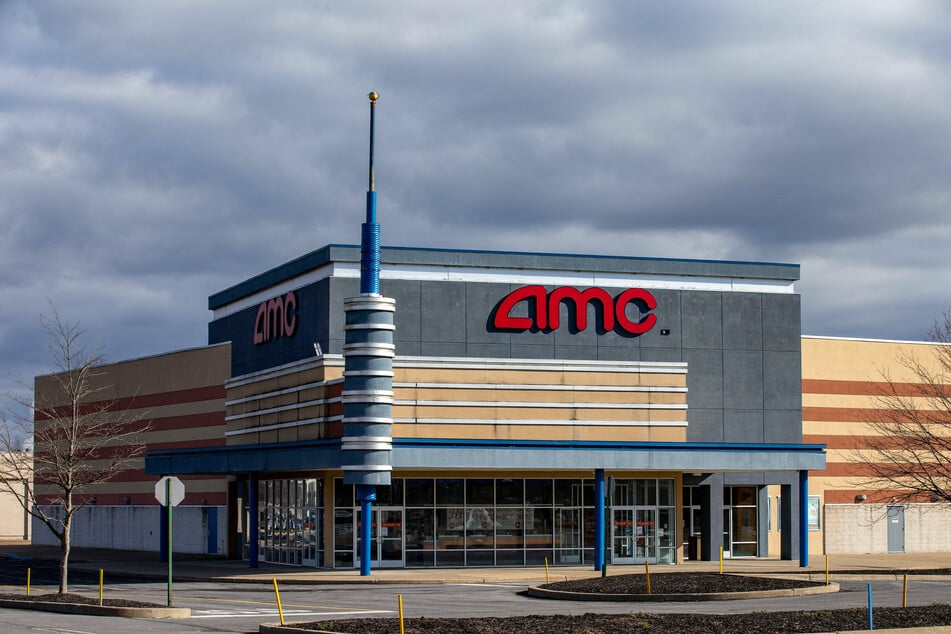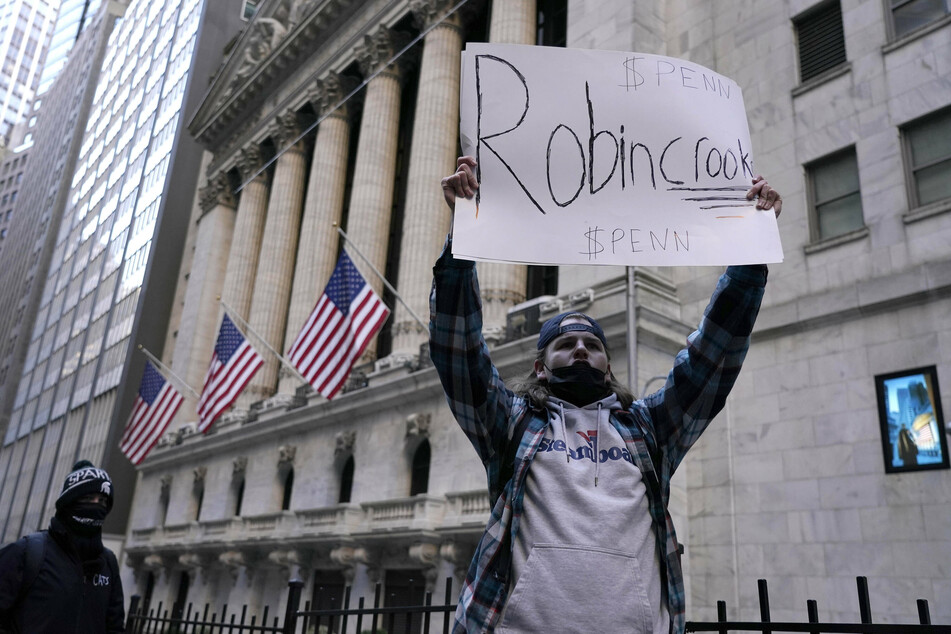Game over: Why did Robinhood, the app behind the GameStop frenzy, block its users from trading?
New York, New York - If you've been following along with the mess that hedge funds have found themselves in with the swift rise in stock value of GameStop, Robinhood has probably entered the conversation at some point.

Once the brokerage app noticed the stock value of "dark horse" stocks like GameStop had skyrocketed, it blocked people from buying into the stocks, citing "market volatility." The lingering question after this extreme move is why?
Before that question can be unpacked, it’s important to understand what Robinhood is, who uses it, and how it operates within the stock market as a whole.
The stock market has long been a big money playground for extremely wealthy. If you wanted to put money on the same table as the major players in Wall Street, you’d have to do so through a certified public accountant and a bank account with the minimum amount of pay-to-play money in it. Or you could use your own knowledge and platforms like E-Trade and Robinhood.
These brokerage firms allowed the average Joe to invest what they can and where they want to, without having to throw down thousands of dollars to do so. Robinhood started to gain momentum as the popular, go-to broker for regular people who were interested in investing due to their commission-free approach. Users were allowed the freedom to choose what stocks to invest in without being charged a fee by the broker to do so.
This is what made Robinhood so attractive to the amateur trader. After being sued in 2019 for not providing users with best service, a legal mandate that requires brokers to make the most advantageous moves for their customers, Robinhood added more educational tools to its platform to help educate those less-knowledgeable in the world of trading.
The company was celebrated for "democratizing" trading and leveling the playing field – until the game suddenly changed.
Sales Put on Pause

As the GameStop phenomenon exploded over the past weeks and days, Robinhood's attitude abruptly changed.
On Thursday morning, app users who were buying up stock in GameStop, the movie theater chain AMC, as well as other pet projects of the Reddit-driven movement, were greeted with an unwelcome note from the brokerage firm.
They were informed that they could no longer buy these stocks, but they were welcome to sell if they wanted to. In effect, it blocked the buying frenzy that was pushing up the prices.
It was a move some called naked market manipulation. A platform that had built its name on allowing everyone a seat at the table was now seemingly shutting out a huge number of its users from playing their cards the way they wanted to.
In a statement, Robinhood tried to explain the move: "In light of recent volatility, we are restricting transactions for certain securities to position closing only... We’re committed to helping our customers navigate this uncertainty. We fundamentally believe that everyone should have access to financial markets. We’re humbled to have helped many people invest in the markets for the first time."
During an interview with Representative Alexandria Ocasio-Cortez – who reacted furiously to the news – Alexis Goldstein, senior policy analyst at Americans for Financial Reform, shared that she hadn't expected this kind of reaction from Robinhood.
At most, Goldstein had assumed the company would do something similarl to what Interactive Brokers did, and change their margin requirements, meaning they wouldn’t allow traders to borrow any money and if they wanted to trade, they’d have to pay cold hard cash to do so.
What's behind the move?
Fingers were immediately pointed at the hedge fund Melvin Capital, which suffered a $13 billion loss after the recent GameStop stock explosion. It's not hard to see why: Melvin Capital was bought out by Citadel, a larger hedge fund that has financed nearly half of Robinhood’s total revenue through payment for order flow.
Although both Robinhood and Citedel have categorically denied any collusion, questions still remain.

Hours after Robinhood announced they were pulling GameStop and other dark horse stocks, a class-action lawsuit was filed against the brokerage firm in New York, accusing it of "purposefully, willfully, and knowingly removing the stock 'GME' from its trading platform in the midst of an unprecedented stock rise thereby deprived retail investors of the ability to invest in the open-market and manipulating the open-market."
In an email sent out to customers Thursday night, Robinhood said they would be allowing a limited number of purchases of GameStop stocks, along with others they had stopped on Thursday, saying that their original decision was made to best serve their customers.
Cover photo: IMAGO / ZUMA Wire

